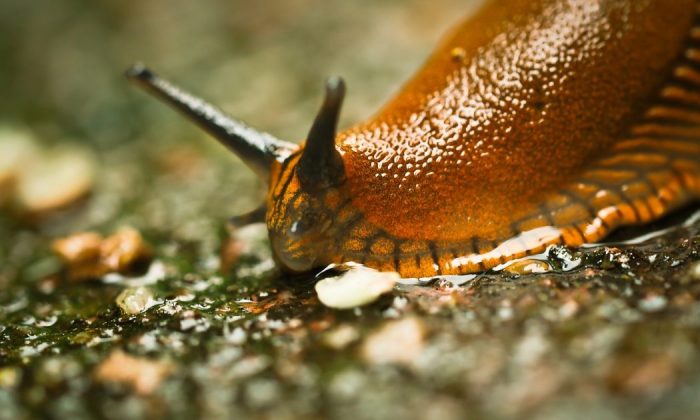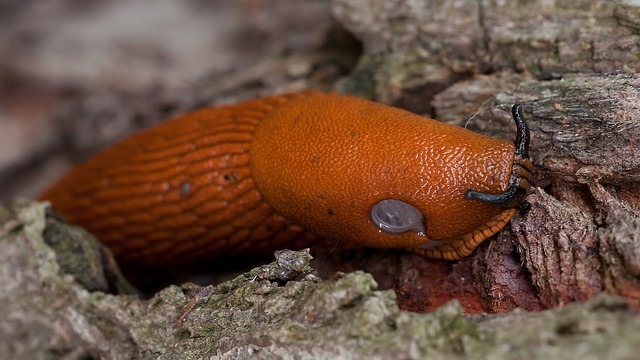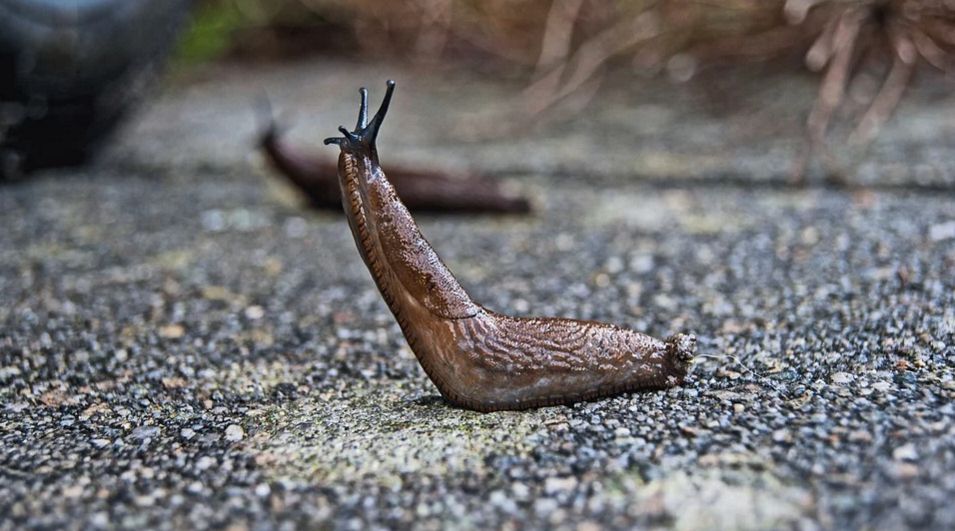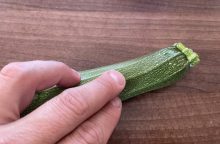How to get rid of slugs

Slugs can consume huge amount of plants and destroy your entire harvest and therefore are considered one of the worst pests in Europe. Every pest has natural enemies, but slugs do not have many of them. The only thing that really threatens them is a lack of water, and wet and warm winters. Warmer winter weather makes them to come out of hiding and risk freezing to death. But as soon as frequent rains happen in spring and summer, they multiply quickly.
All snails come out mainly at night and eat whatever they find. The largest attacks happen from the end of May to July and the activity further increases after rain or watering. So, you should water only in the morning. If you want to find out in advance if a snail invasion is coming, put a board in a shady place and a damp cloth under it. Check the site regularly and if you find a large one should start by removing slugs and with garden protection measures immediately.
You can fight them rather easily and quickly
There are several ways you can protect your garden against slugs and it will not cost you either. For example, you can sow plants that easily repel slugs around your garden or flowerbeds etc. These include mustard or sage. The effect of these plants depend on the content of essential oils and fragrances, and that depends on light and heat.
-
- Another good idea is to use leaves of ferns or tomatoes instead of regular mulch as the smell repels slugs. But make sure to place the leaves in a thin layer, as too dense layer of leaves would retain too much moisture and attract swarms of slugs. If you want to make life hard for slugs, you can also create obstacles from a lime or wood ash. But the best option is stone flour.
- A fine rock “flour” also prevents slugs from climbing on your plants and if you spray it on leaves too, they will have hard time to climb there. Tiny rock particles will hurt slugs , so they avoid it. An alternative to stone flour is a pure sand, which damages them in the same way and also lasts longer.
- To repel slugs, you can also use spruce or fir needles, reed shavings, broken eggshells or dry sawdust. Sprinkle it regularly around dahlias and beans and create a strong protective wall. A very effective method is the use of salt. Take a glass container with water and at least 3 spoons of salt. Now you have to go and collect snails. When the glass is full sprinkle salt on the top, cover it and let them sit in it until the next day. You can also apply salt directly to the soil but to get rid of the salt later is very complicated and very time-consuming process.
- Instead of salt you can use beer. Take a glass container with beer, about 1/4 of the container should be beer, and push it into soil. Let the rim stick out a bit and snails will fall in.
- If you are an animal lover you can collect snails manually and take them away. But you need to go really far, because snails or slugs may come back.
Photo: Pixabay
Small creature but tough warrior
Biological pest control methods are rather popular these days. The use of natural enemies of pests is friendly to the environment and of course much healthier than chemicals. For example, nematodes are used. Nematodes are about one millimetre long and live in the soil. Larvae need the body of the snail to complete its development. An infected slug stops feeding after three days. You can plant nematodes against slugs in your garden or greenhouse and you do not need to worry as they do not pose any threat to anyone other than snails.
Photo: Pixabay
Chemistry, sometimes you have no choice
If the above methods fail, there is still the option to use suitable chemicals to get rid of slugs. In most cases, chemicals come in the form of granules that contain a substance that kills slugs. Slugs do not die immediately after consuming the chemical, but they are able to crawl back where they came from. They will not only disappear from your garden, but also create a kind of humus for you.
Preview photo: Pixabay

Gardening is my hobby, I have a lot of experience and I am happy to share it.










0 comments